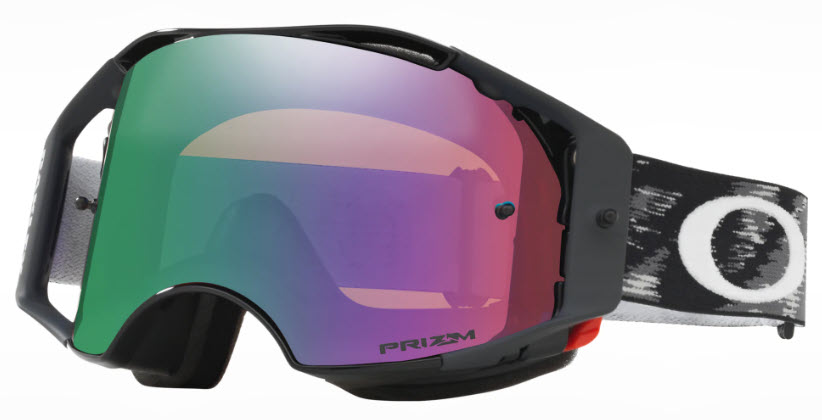Chicago Case Brief: Oakley, Inc. v. The Partnerships and Unincorporated Associations Identified on Schedule “A”, 2021 WL 308882 (1/30/2021) by James Michael Faier, M.P.P., M.B.A., J.D. (USPTO Reg. No. 56,731)

Hats off to Judge Kennelly on his review of the differences of approach when going after a group of online infringers using either the trademark laws versus the patent laws.
In this case, Oakley sought to go after various infringers of various design patents drawn with regard to its eyewear. Typically, a party basing its claims on trademarks or trade dress would file a complaint with a Schedule “A” where various alleged infringers are identified under seal. The plaintiff would ask for a Temporary Restraining Order. It would also seek an order to freeze the assets of these infringers such as Paypal accounts. Since many of these parties are overseas and many of them are only contacted via email, the plaintiff would seek leave to serve the complaint via email. Finally, the plaintiff would seek a preliminary injunction to stop sales of these infringers. Any money remedy would be taken from the frozen assets.
Here is the curve in the road. In this case the plaintiff cited to design patents. The Patent Act in Section 299 does not allow for a mass complaint with a Schedule “A” as above unless there are questions of common fact to all defendants. The court wrote Section 299(b) states that the “accused infringers may not be joined in one action as defendants … based solely on allegations that they each have infringed the patent or patents in suit.”
Judge Kennelly granted plaintiff the opportunity to file its case under seal but required that plaintiff explain why the matter should not be dismissed under Section 299. ###













